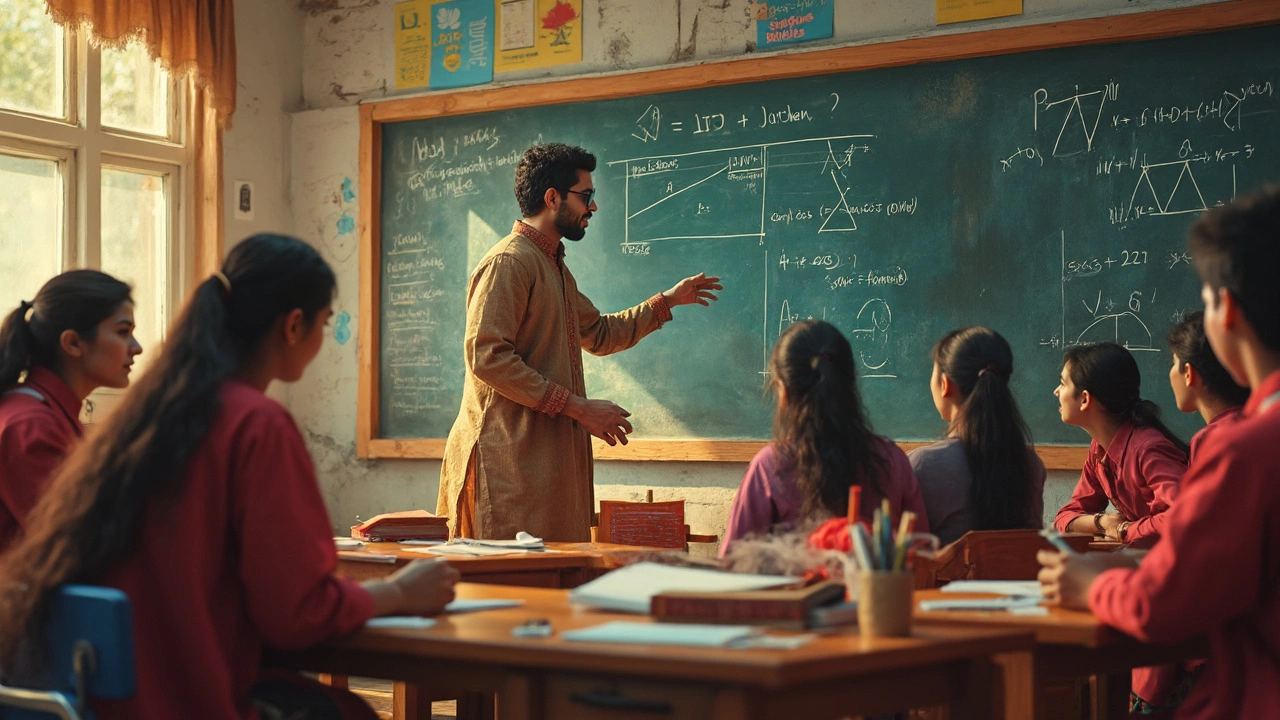Physics Study Tips and Exam Guides for Indian Students
Feeling stuck with physics? You’re not alone. Many students find the subject confusing, but a few simple habits can turn the tide. Below you’ll find practical advice you can start using today, plus a quick look at the most important exams that test your physics knowledge.
Everyday habits that make physics click
First, treat physics like a puzzle. When you read a chapter, pause after each section and ask yourself what the main idea is. Write that idea in one sentence – it forces you to distill the concept. Next, draw a quick diagram. Whether it’s a free‑body diagram or a field line sketch, visualising helps your brain store the information.
Second, practice with past‑year questions. The pattern of questions in JEE, NEET and state board exams rarely changes. Pick a set of 10‑15 problems, solve them without looking at the solution, then compare your answers. You’ll spot gaps instantly and know where to focus next.
Third, explain the topic to a friend or even to yourself out loud. Teaching is the fastest way to discover what you truly understand. If you stumble, note the point and revisit the textbook or video lesson.
Key exams that need solid physics prep
The most common physics‑heavy exams in India are JEE Main & Advanced for engineering aspirants and NEET for medical hopefuls. Both require a strong grasp of mechanics, electricity & magnetism, optics and modern physics. For JEE, the questions are often application‑based, so work on multi‑step problems. For NEET, focus on clear concepts and quick recall, especially in thermodynamics and wave optics.
State board exams also test physics, but they usually follow the NCERT syllabus closely. If you’re preparing for class 11‑12 board exams, keep the NCERT textbook as your primary source and use reference books like HC Verma for deeper practice.
Don’t forget the importance of regular revision. Allocate a short 15‑minute slot each day to revisit old topics. A quick glance at a formula sheet or a summary note can keep the material fresh and reduce forgetting.
Finally, use online resources wisely. Platforms such as YouTube, Khan Academy, and dedicated Indian coaching portals offer short video explanations that match the NCERT style. Choose a channel that explains in simple language, pause, and try the example yourself before moving on.
By combining these habits—summarising concepts, visualising with diagrams, solving past papers, teaching peers, and consistent revision—you’ll build confidence and improve your physics scores. Remember, physics is about understanding how the world works, so stay curious and keep asking “why”. Your effort today will pay off in the exam hall tomorrow.
Most Famous IIT Teacher: Who Really Stands Out for JEE Prep?
Curious about the most famous IIT teacher in the JEE world? This read explores the legendary educators who have shaped generations of toppers, what makes them stand out, and why students swear by their teaching methods. You'll get straight facts, quirky stories, and real reasons behind their wild popularity. Bonus: find practical tips on choosing the right mentor for your own IIT journey. If cracking JEE is on your mind, you don’t want to miss this.
read more